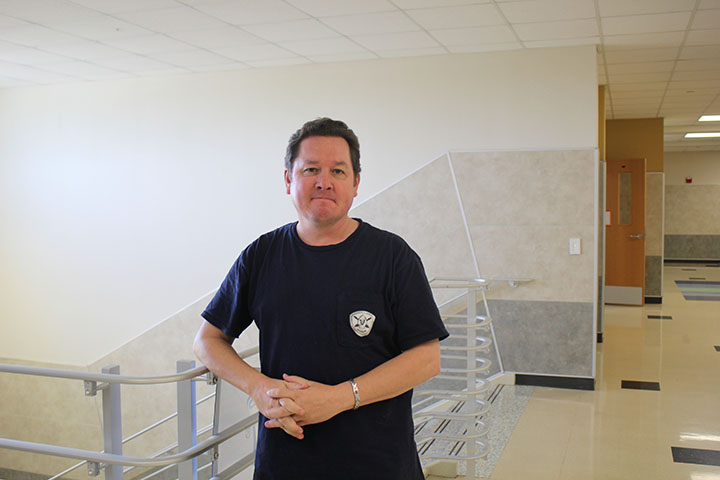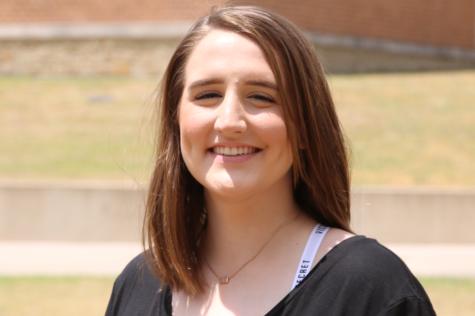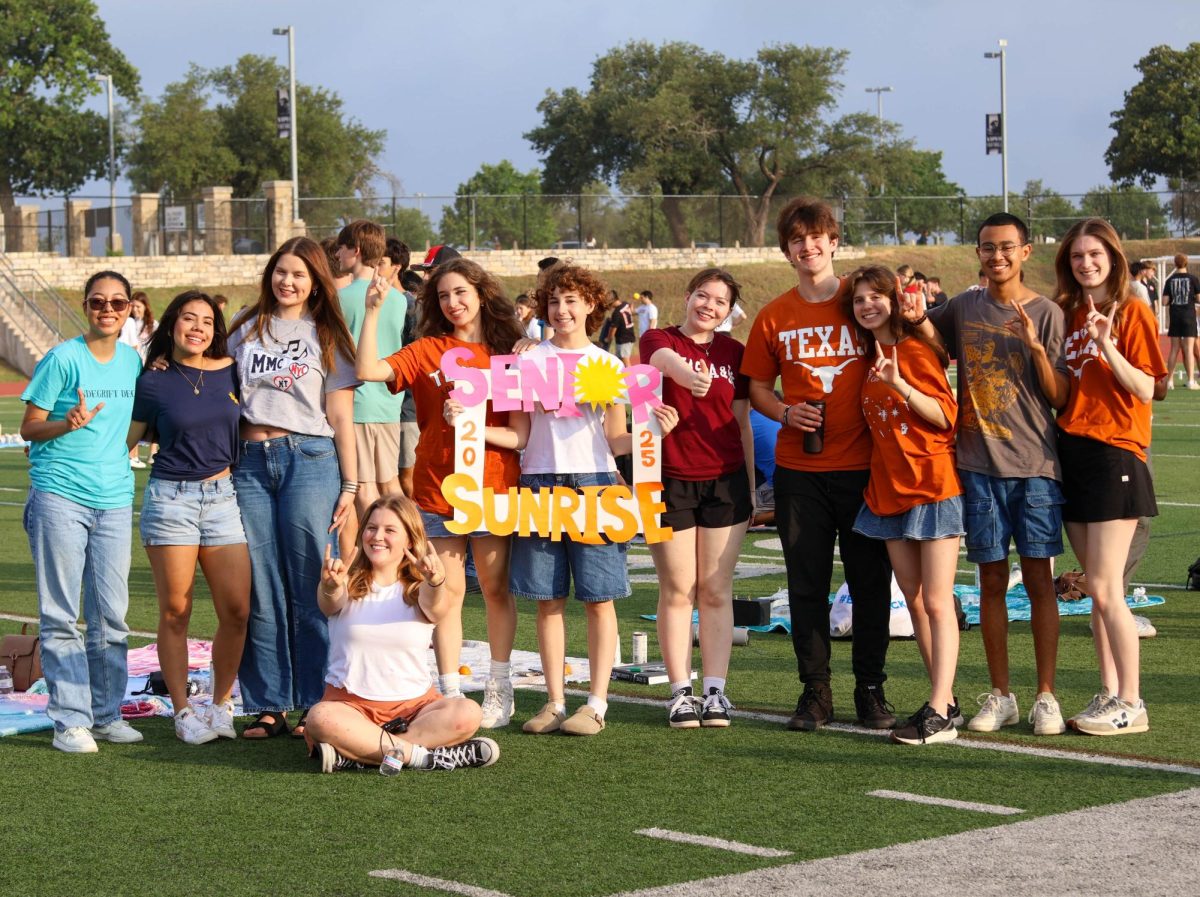International teacher joins Vandegrift staff
Mr. Pryor, the new government teacher, posing for his feature story.
September 13, 2019
Cameras read the streets as smog drifts among the crowded city. Men, women, and children wear face masks to block the ill-air from seeping into their lungs. Beijing bustles with nearly 22 million people daily. Dubai sits singularly as a piece of rich metal erected from the desert depths developed roughly only 30 years ago. Ethiopia, a country of weighty poverty, where buying cheerios is a feat many cannot achieve. Myanmar, also known as Burma and Yangon, is a country newly released from 50 years of military control. Mitch Pryor experienced these countries first hand as an international social studies teacher and he is now back in the United States to take on Vandegrift.
Pryor wasn’t always a teacher. He began his career by earning an undergraduate degree at UC Davis in comparative religion. Afterward, he earned an MBA and began working for Excite, a Yahoo! relative, and other technology companies in Silicon Valley.
“I eventually started thinking that the inside of a conference room in Tokyo is the same inside of a conference room in Paris and is the same of the inside of a conference room in Silicon Valley. I really just got bored with it,” Pryor said. “A classroom was a much more exciting place for me than marketing software, so I was just lucky enough to be able to rely on my wife’s income for a year and I got my teaching credential and started teaching – but that was 15 years ago.”
Teaching grades sixth through 12th in the Bay Area, Pryor began as a social studies teacher at an art-specific charter school. Following forth in his profession, after six years, he decided to work under the US Department of State and embassies.
“I’ve always wanted to see the world, but on a teacher’s salary, especially when living in San Francisco, all my money went to paying rent because it’s very expensive there,” Pryor said. “It’s a way for somebody who has a teacher’s income to actually go see the world and still have some money left over.”
While teaching overseas, Pryor observed ‘third culture kids’- meaning people who have been raised in a culture, not of their own. By high school or middle school, international embassy schools were often very tiny, as parents who worked in the embassies, would send their children back into the states to finish school in their normal society.
“If you’ve been living your entire life in developing countries and then all the sudden you show up in Harvard, you’re not going to be socialized correctly,” Pryor said. “Being over in the annex, this reminds me more of the school – the whole annex almost seems like the whole high school or middle school – I’m used to. Let alone the main campus that I’m not usually in.”
Mr. Pryor is also readjusting to being back in the United States. After years of being isolated in foreign countries, he experiences a reverse culture shock.
“When you’re in these countries you’re some of the main foreigners. I got home, and you go to HEB and hear the people in front of you and you know what they’re saying, it’s a bit of a shock,” he said. “They’re just talking to you, ‘Oh, I see you got the two-ply. I got the one-ply,’ having a conversation about toilet paper or something.”
Mr. Pryor is teaching in a Texas public school for the first time in his teaching career. When asked about what his core excitements were, he paused.
“That’s a good question, the answer is I don’t know what I don’t know. Now I’m in Texas and we’re doing this football thing, right,” he said. “I haven’t been to a football game in Texas before so I’m going to do that – a whole bunch of firsts. I’m just going to try and do as many things as I can and see what sticks.”







